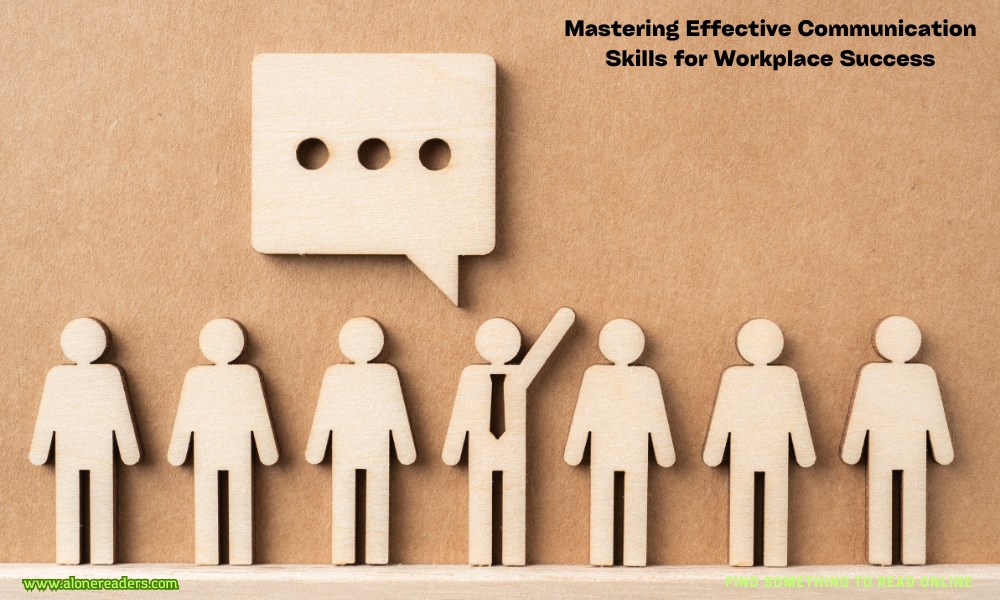
Effective communication is the backbone of a successful workplace. It not only enhances collaboration and understanding among team members but also boosts productivity and fosters a positive work environment. This article explores the essential communication skills needed in the workplace, providing practical advice for professionals seeking to improve their interpersonal and digital communication techniques.
Communication in the workplace involves more than just exchanging information. It encompasses understanding the emotions and intentions behind the information. Effective communication should lead to mutual understanding and open channels for feedback, which are crucial for organizational success.
Verbal communication is about the words you choose, how you say them, and the way you listen. To communicate effectively:
Nonverbal cues, such as facial expressions, gestures, posture, and eye contact, play a significant role in communication:
In today’s digital age, written communication via emails, reports, and instant messaging is integral:
Digital communication tools have become ubiquitous in the workplace. Here are some tips for using them effectively:
Feedback is a two-way street that involves giving and receiving:
Conflicts are inevitable in any workplace. Handling them with effective communication is key:
Conclusion: Cultivating a Culture of Communication
Effective communication is not just about individual skills but also about cultivating a supportive environment that encourages open and honest communication. Organizations that invest in training and maintaining good communication practices are more likely to see increased morale, efficiency, and success. Start with yourself, but also help others to communicate more effectively, and watch as the workplace transforms into a more collaborative and productive environment.